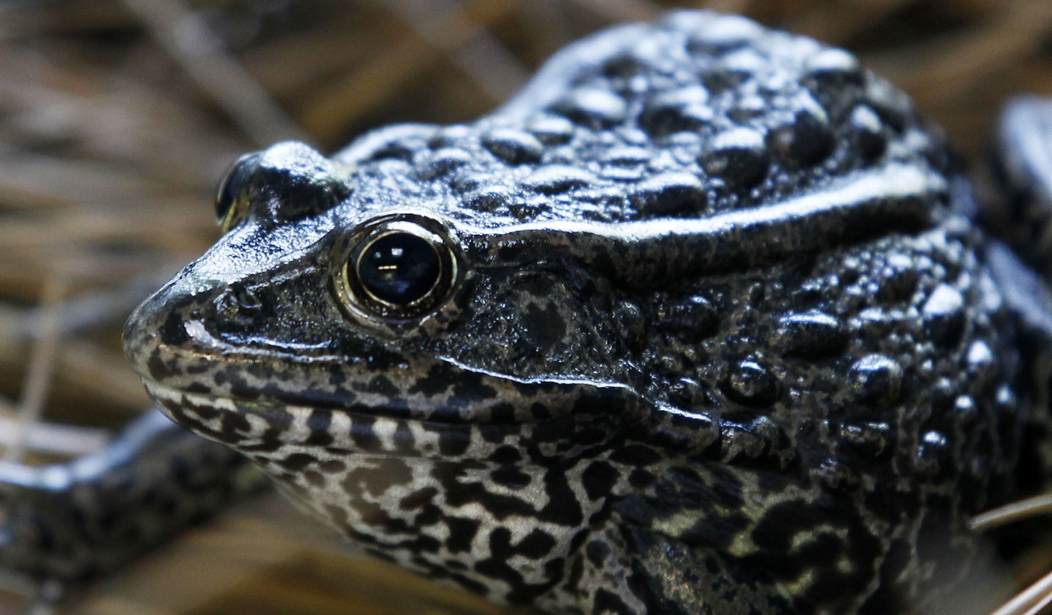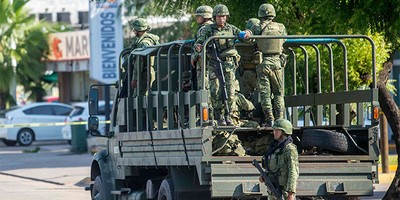The Supreme Court on Tuesday made a decision that was a blow to environmentalists. The Court unanimously ruled that the Fish and Wildlife Service can't designate land as a "critical habitat" for an endangered species if the species no longer lives in the environment.
The case was brought about by Pacific Legal Foundation (PLF) and landowner Edward Poitevent who had 1,500 acres of his land in Louisiana designated as a “critical habitat” for the endangered dusky gopher frog, even though the frog hasn't lived in the area since 1965.
The land has been in Poitevent’s family since the Civil War. In the 1990s, the Weyerhaeuser Company acquired the Poitevents’ lease for its timber operations. That all changed in 2011 when he was told that his property was a "backup" property for the endangered species. The only other location where the frogs were found was in a single pond in Mississippi, about 70 miles away from Poitevent's property. The U.S. Fish and Wildlife Service told him that his property was the only other habitat that they could identify.
What's shocking is the government said that in order for the frog to survive on his land, trees would need to be replaced and brush would need to be burned.
"By locking down land on behalf of a frog that doesn’t live there, the feds froze an estimated $34 million in economic activity. Nor can Edward use his own land for anything else in the future—a literal death knell to his property rights," Pacific Legal Foundation said in a press release. Not only that, but Poitevent would be on the hook for making necessary landscape changes to make it inhabitable for the frog.
Recommended
Chief Justice John Roberts wrote the unanimous decision, saying, “Only the ‘habitat’ of the endangered species is eligible for designation as ‘critical habitat,'” Roberts wrote. However, he noted the 5th Circuit did not define the term “habitat” in its decision, and sent the case back to the appeals court with instructions to do so.
The Supreme Court also said the Fifth Circuit needs to take into account the financial burden that's being placed on the land owner.
“I am really overjoyed that an eight to nothing court agreed with me that the service’s decision was absurd and nightmarish for property rights in the United States,” Poitevent told The Daily Caller News Foundation. “We all actually thought something like this would happen, but what’s really stunning is this is an eight to nothing decision."
























Join the conversation as a VIP Member